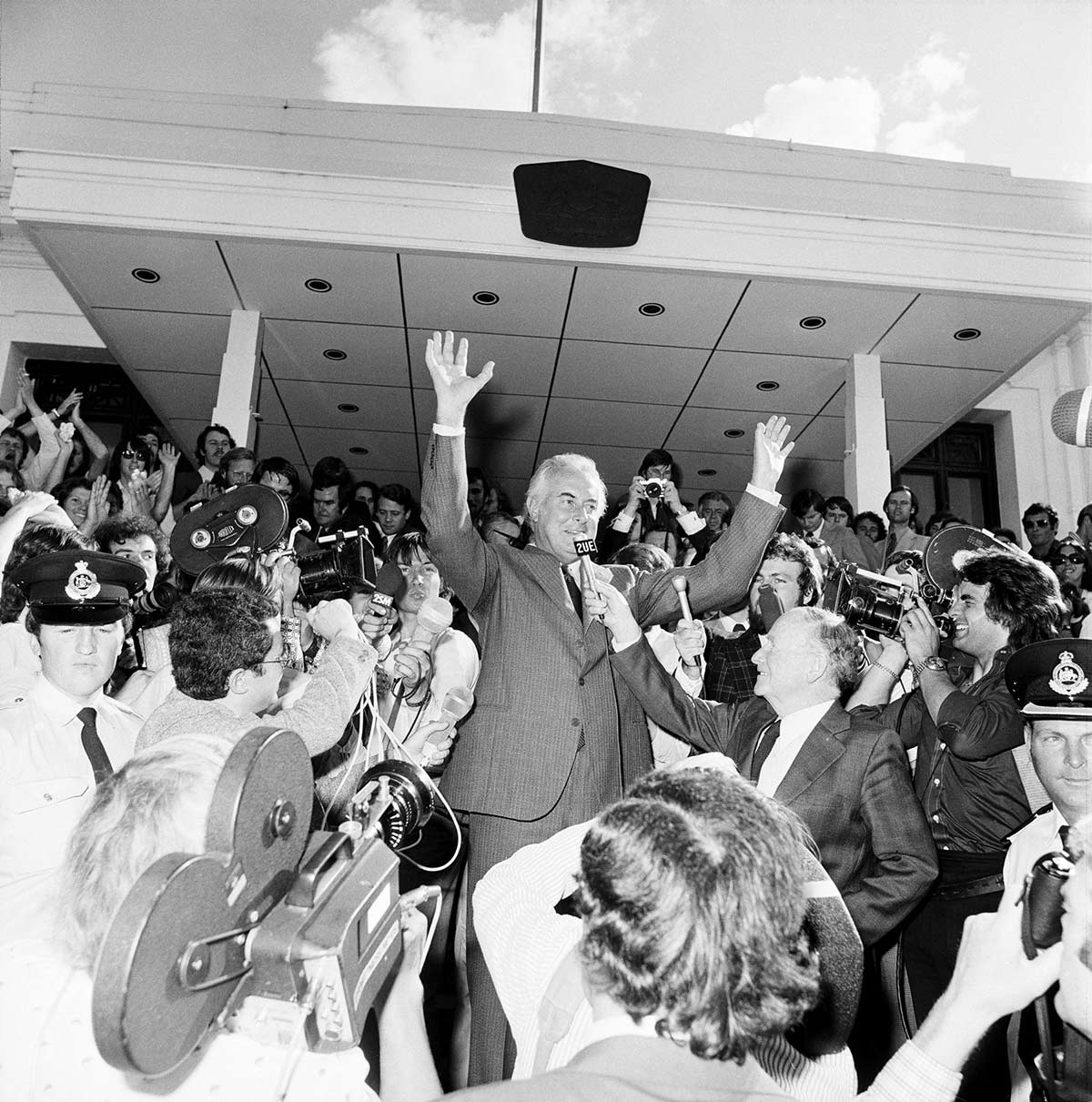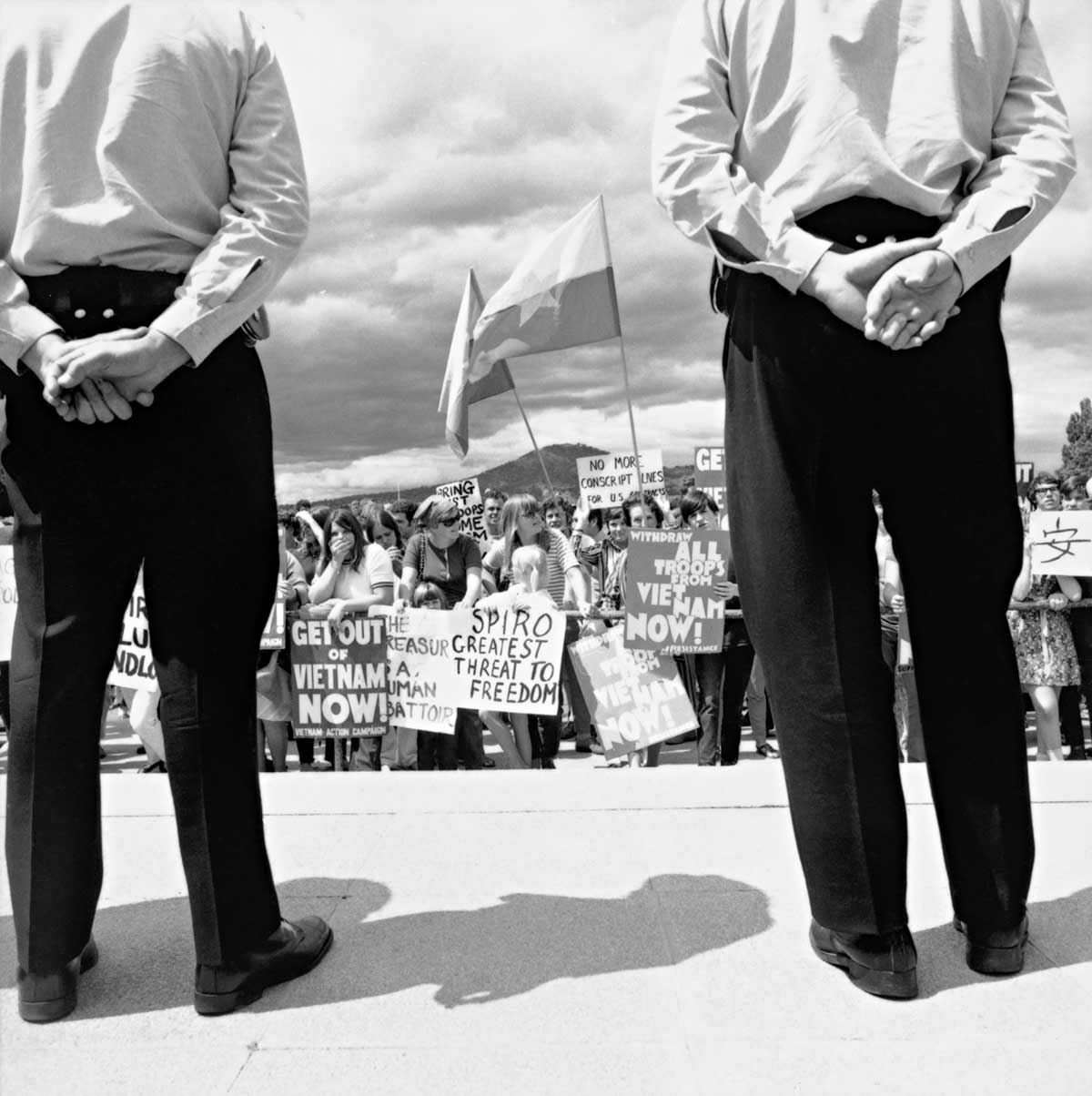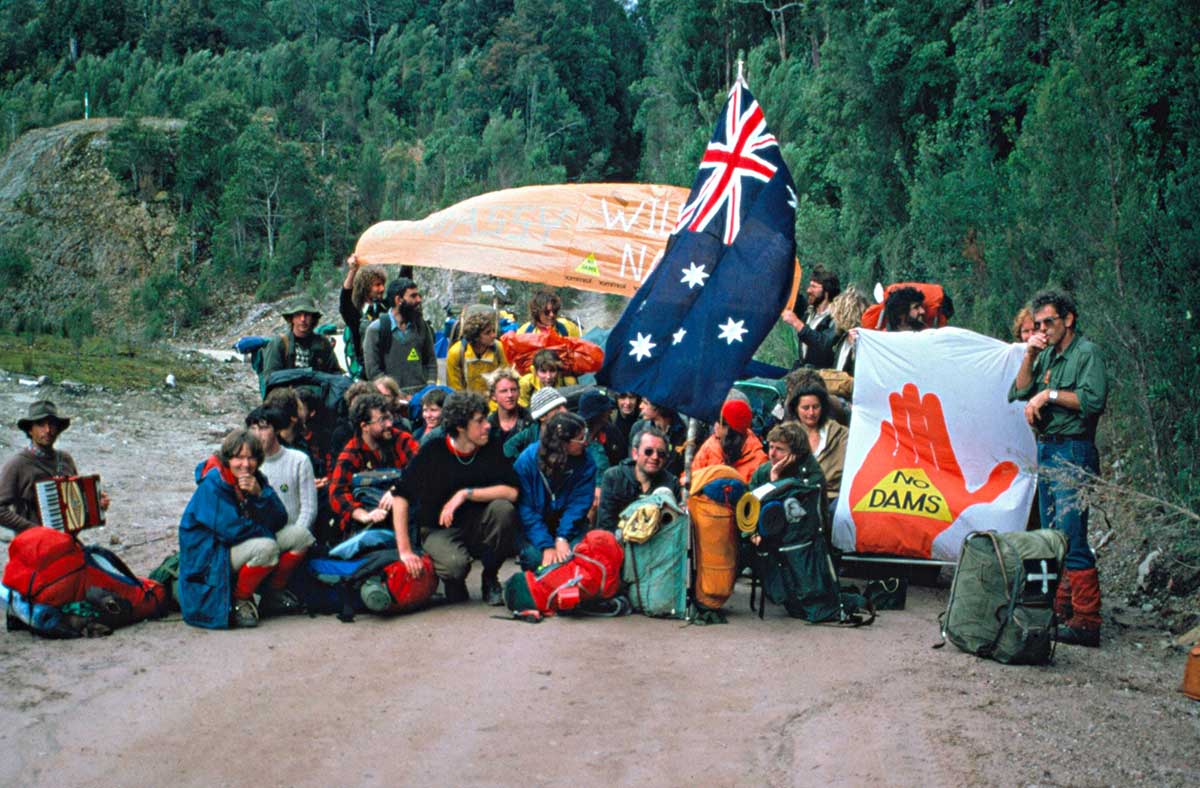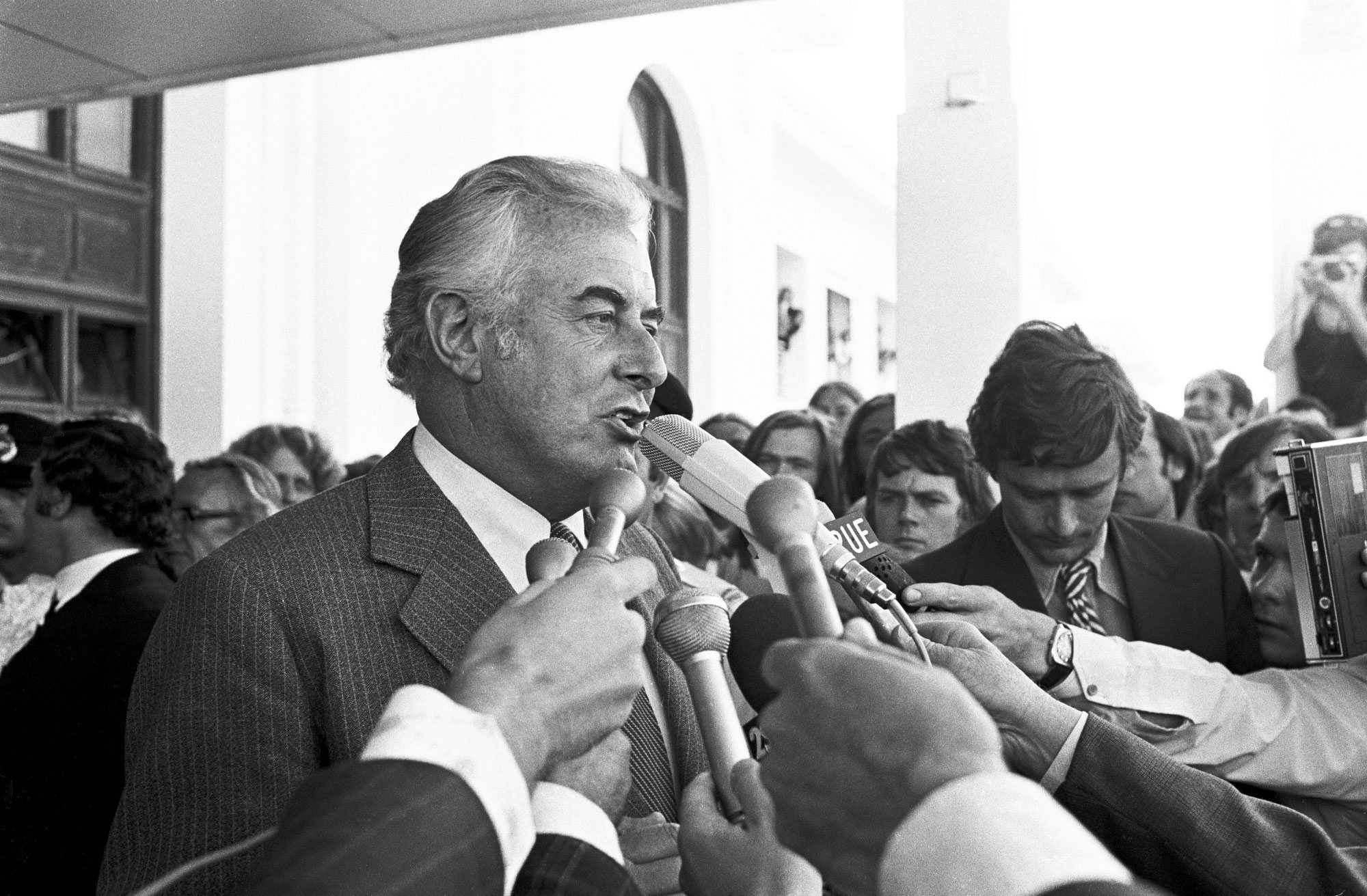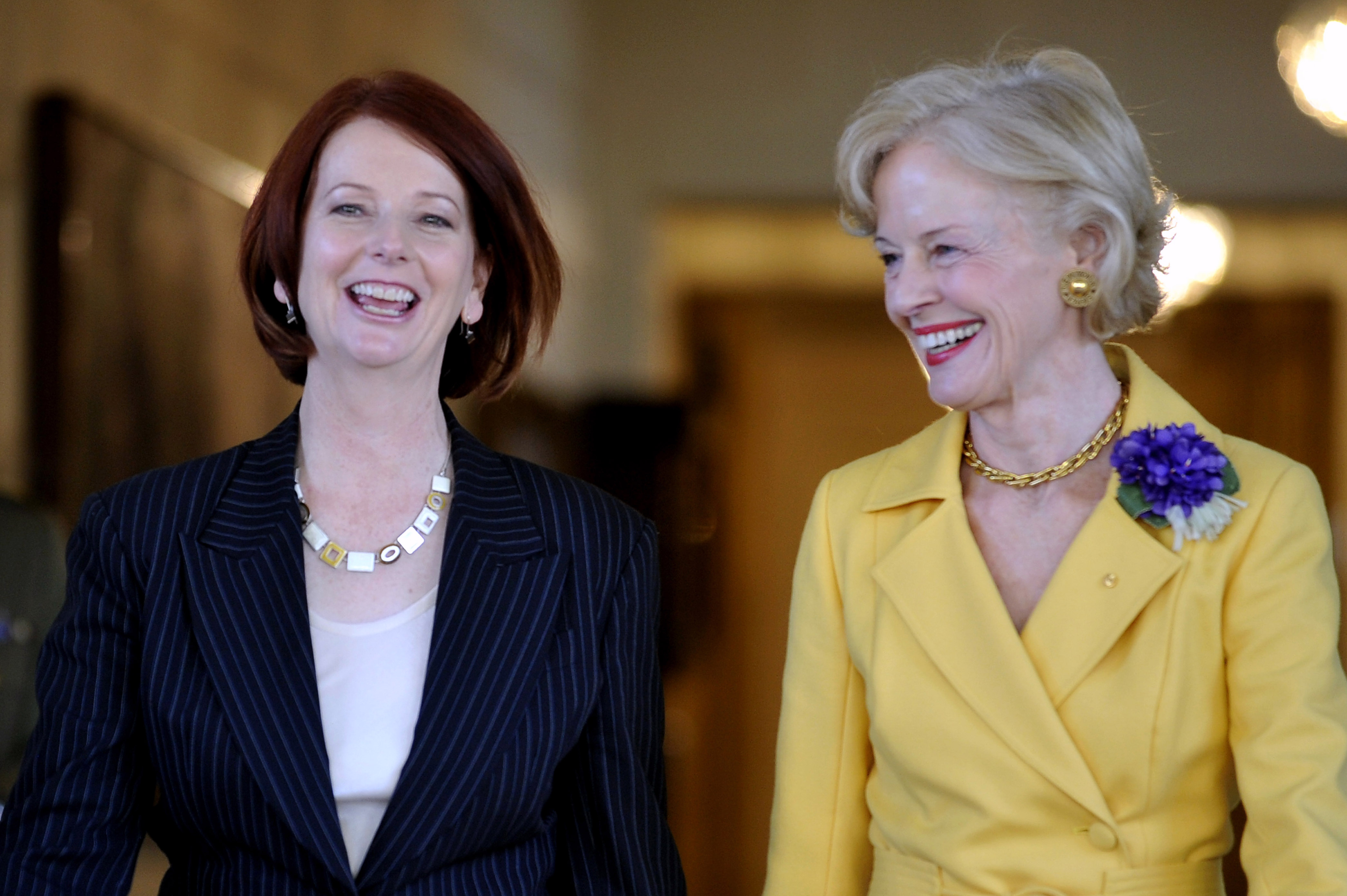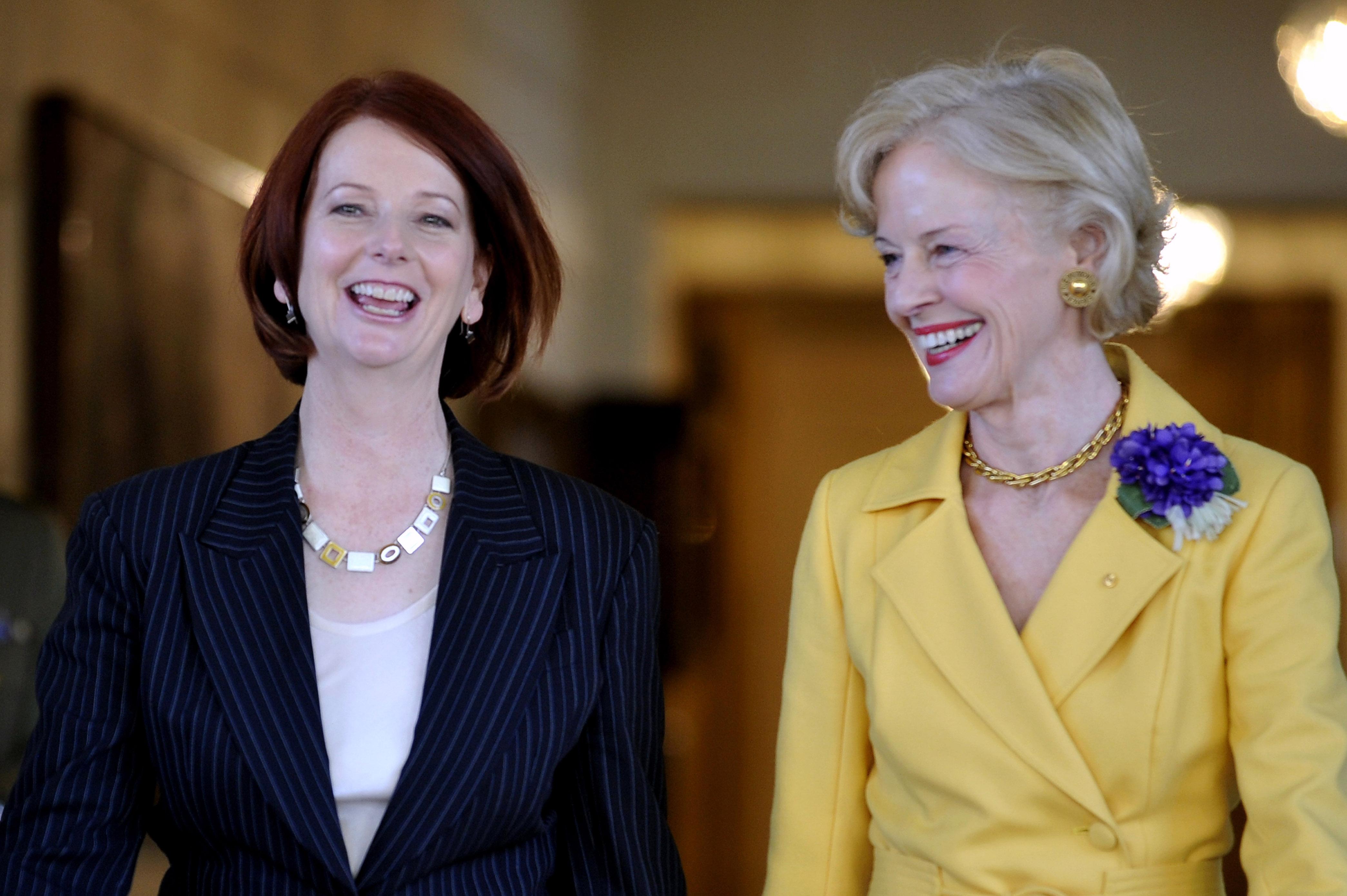Learning module:
Law and democracy Defining Moments
Balancing passion for change in a resilient democracy
4.6 ICAN change the world
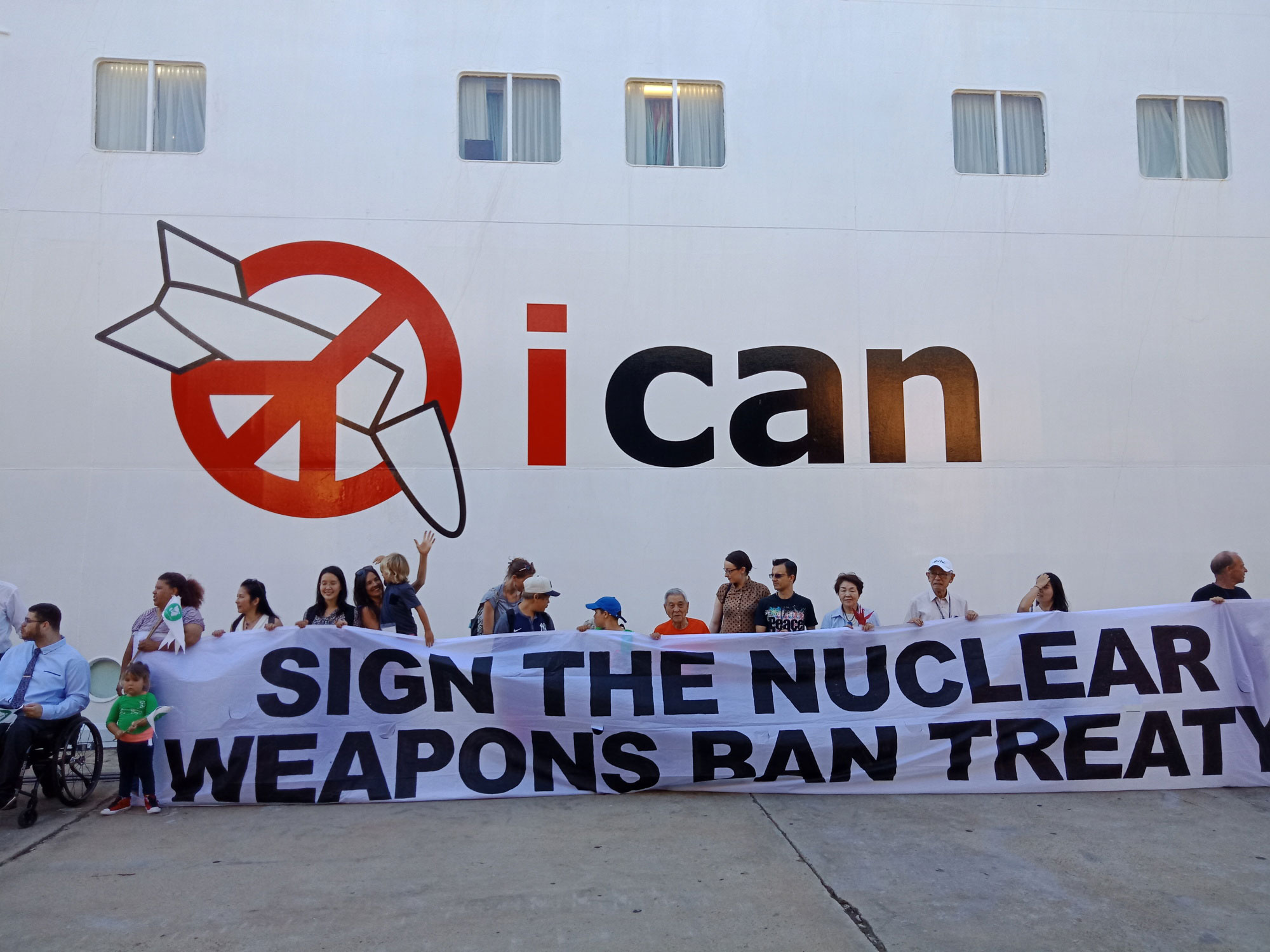
In 2017 an Australian organisation was awarded a Nobel Peace Prize.
The Nobel Prize is a prestigious international award recognising outstanding contributions to humanity in five fields — chemistry, literature, peace, physics, and physiology or medicine, with a parallel and supplementary award for economic sciences. There have been fewer than 1000 winners between 1895 and 2019, and 16 of these have been Australians.
In 2017 the Nobel Peace Prize was awarded to an Australian organisation, the International Campaign to Abolish Nuclear Weapons (ICAN).
What might this event tell us about the way citizens can promote democratic values and practices in Australia?
Read the Defining Moment in Australian history: 2017 International Campaign to Abolish Nuclear Weapons awarded the Nobel Peace Prize and answer these questions.
2. Which nations have, or are believed to have, nuclear weapons? (You may need to do some further research.)
3. What is the treaty that ICAN supports?
4. What does ICAN aim to achieve through this treaty?
5. What needs to happen for this treaty to come into effect?
6. Why do you think Australia has a responsibility to make a decision about nuclear weapons?
‘This prize is a tribute to the tireless efforts of many millions of campaigners and concerned citizens worldwide who, ever since the dawn of the atomic age, have loudly protested nuclear weapons, insisting that they can serve no legitimate purpose and must be forever banished from the face of our earth.’
ICAN, ICAN receives 2017 Nobel Peace Prize, https://www.icanw.org/ican_receives_2017_nobel_peace_prize, viewed 23 September 2020
8. What does a case study of ICAN tell us about the way citizens can participate in a democracy?
9. What does it tell us about the strengths and weaknesses of movements and organisations for change?
10. Research an argument for or against adoption of the treaty as law in Australia.
11. Do you think Australia is fulfilling its international obligations by accepting but not ratifying the Treaty on the Prohibition of Nuclear Weapons? Justify your view.






